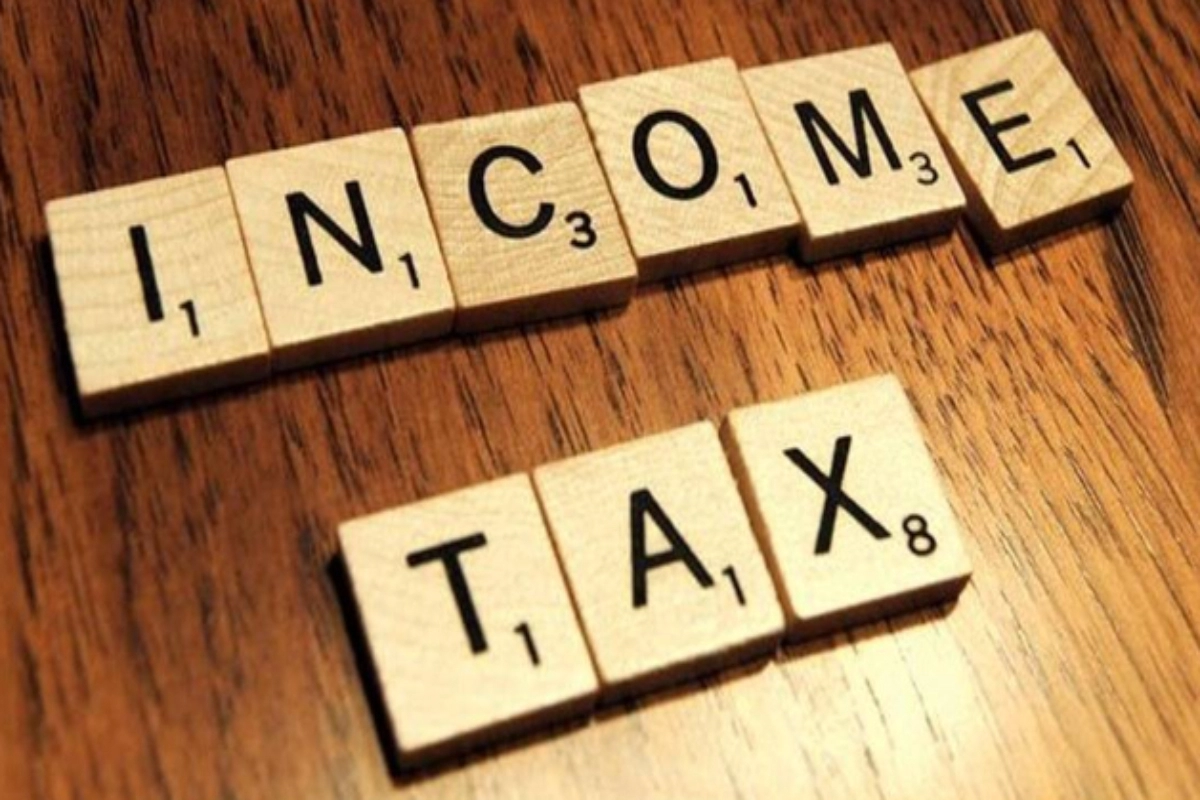Income Tax News: The process of disclosing income to the government for both individuals and corporations is called income tax return filing, or ITR filing. Individuals are subject to taxation in accordance with the 1961 Income Tax Act. Additionally, the Act permits deductions for certain costs incurred throughout a fiscal year.
Exploring Tax Exclusions
A number of exclusions are offered under various sections. Gaining a deeper comprehension of these exemptions might help minimise taxable income and maximise tax obligations. Let’s examine 4 unorthodox strategies for tax savings:
Parental Home as Residence
In the event that an individual resides with their parents and is not eligible to receive House Rent Allowance (HRA), they may do so by making rent payments to them. Salaried people who live in rental properties are eligible for an HRA tax exemption under Section 10(13A) of the Income Tax Act.
Educational Expenses Rewarded
In order to enable salaried individuals to claim tax exemption on fees paid for their child’s playgroup, pre-nursery, or nursery, the government created a new law in 2015. Paying fees for two children can be exempted under Section 80C for those who are salaried.
Family Health First
Earning individuals are eligible to deduct taxes on their parents’ health insurance premiums. Taxpayers are eligible for a tax exemption on premiums up to Rs 25,000 for their parents’ health insurance if they are under 65. A tax break of Rs 50,000 is provided if the parents are older than 65.
Caring for Parents’ Health
Earning individuals are also eligible to receive a tax exemption on their parents’ medical expenditures. In order for a taxpayer to be eligible for a deduction, their parents must be at least 60 years old. Under Section 80D, a deduction of up to Rs 50,000 is permitted for medical costs.
Keep watching our YouTube Channel ‘DNP INDIA’. Also, please subscribe and follow us on FACEBOOK, INSTAGRAM, and TWITTER











